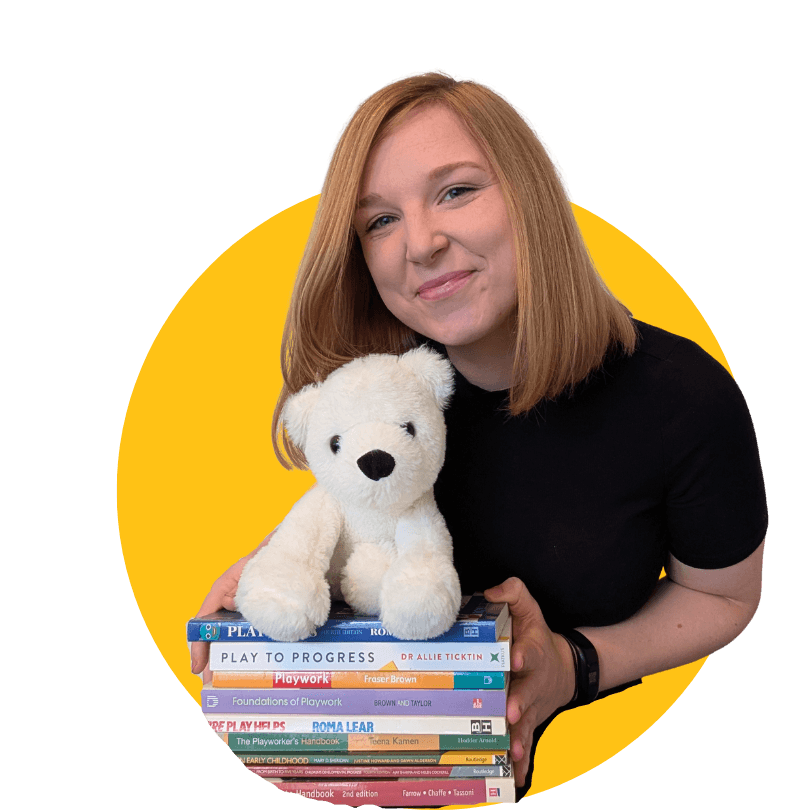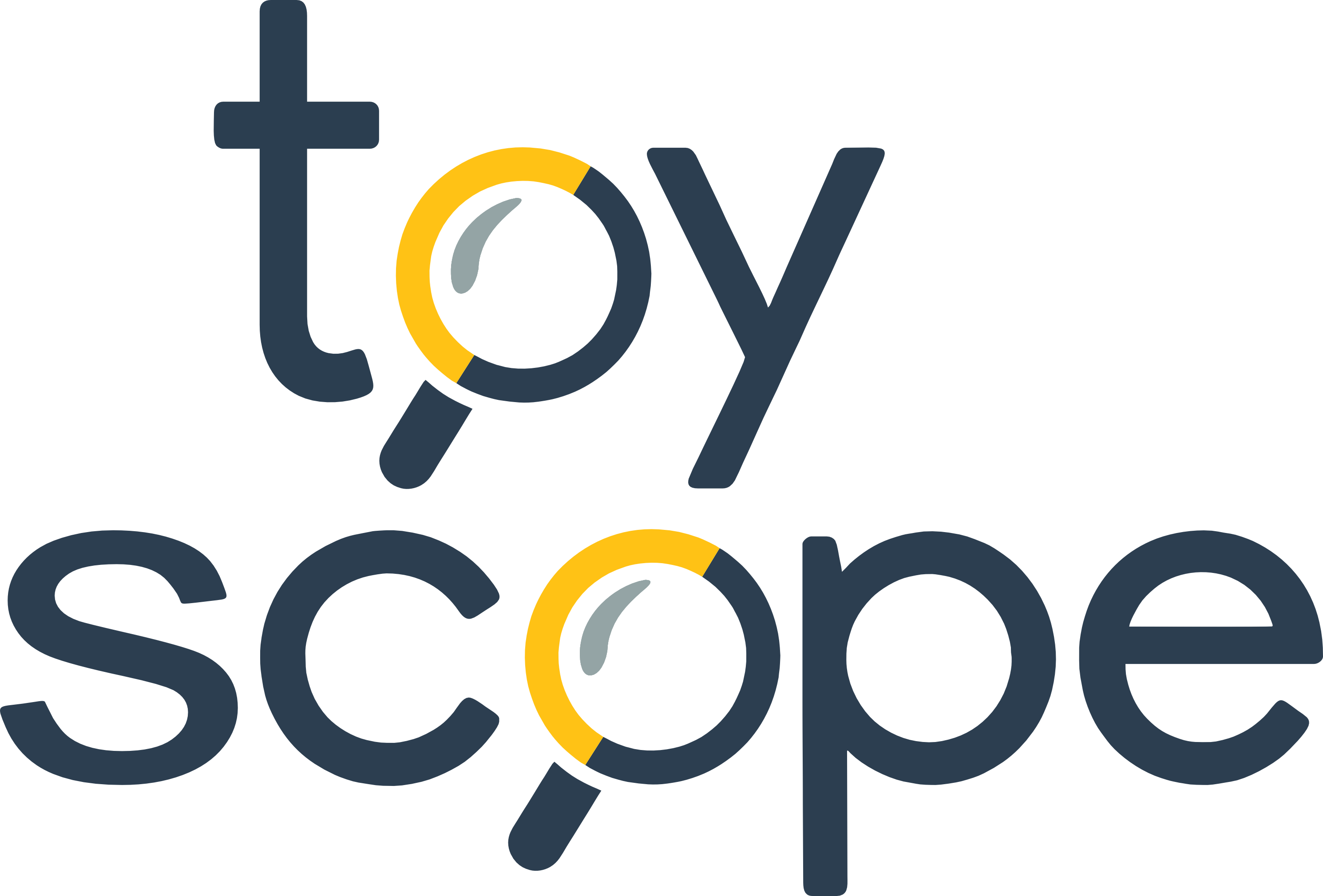
Communication support for Early Sounds stage (2-4 months)
Early Sound stage milestones
Makes sounds other than crying
Reacts to loud sounds

Activities and Ideas:
Sound Awareness Activities:
Talk to your baby throughout the day, describing what you're doing: "Now I'm changing your nappy," "Let's wash your hands"
Respond excitedly to any sounds your baby makes - smile, get closer, and make sounds back
Use different tones of voice - high, low, whispered, sung
Play gentle background music during feeding or play time
Make everyday sounds more interesting: crinkle paper, shake rattles, tap spoons on cups
Daily Routine Integration:
Narrate bath time with soothing sounds: "Splash, splash, the water is warm"
Sing lullabies or hum during feeding
Use a calm, steady voice during nappy changes
Create quiet, safe spaces for your baby to hear and respond to sounds
Environmental Enrichment:
Limit background noise when interacting with your baby
Position yourself where your baby can see your face when you speak
Due to the child's vision still developing, you might use bright lipstick so that they can see your lips moving more clearly
Use natural pauses in your speech to give your baby some processing time
Notice what sounds get your baby's attention and repeat them
Important Information About These Milestones
Sources and Development
These communication milestones are derived from two widely recognised and evidence-based developmental screening tools:
CDC Developmental Milestones (Centers for Disease Control and Prevention, 2024 revision)
Ages & Stages Questionnaires® (ASQ®) screening tool
These milestones represent what most children (75% or more) can do by each age, based on available research data and expert consensus from developmental specialists.
Individual Differences
Every child is unique and develops at their own pace. It's completely normal for children to:
Master some skills earlier or later than the typical timeframe
Show uneven development across different areas
Progress through milestones in a different order
Have periods of rapid development followed by slower phases
Important Disclaimers
This guide is for educational purposes only and should not be used as:
A substitute for professional developmental screening or assessment
A diagnostic tool for developmental concerns
The sole basis for making decisions about your child's development
When to seek professional guidance:
If your child is not meeting several milestones in their age group
If your child loses skills they previously had
If you have ongoing concerns about your child's development
If your child was born prematurely (adjust expectations accordingly)
Professional support is available:
Speak with your child's GP, health visitor, or paediatrician
Contact your local early years services or children's centre
Request a developmental assessment if you have concerns
How to Use This Information
Use these milestones as a general guide, not a checklist
Focus on supporting your child's natural development
Celebrate your child's unique progress and strengths
Remember that providing a loving, language-rich environment is more important than meeting specific timelines
You know your child best. Trust your instincts and seek professional advice if you have concerns about your child's communication development.

Toy safety is a dynamic process, rather than a single rule. Each child, family, space, toy and situation is different, so I am not teaching rules, but skills for making safety decisions in a moment. Join me in training your risk-aware eyes, supportive hands and trusting heart.




